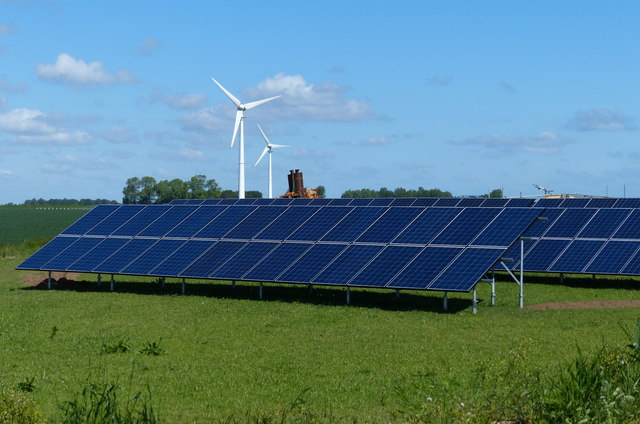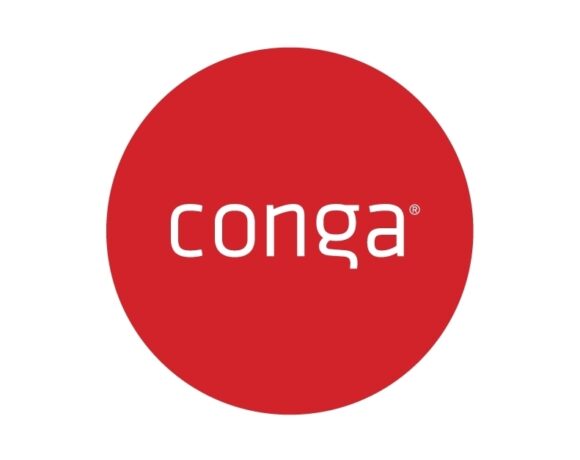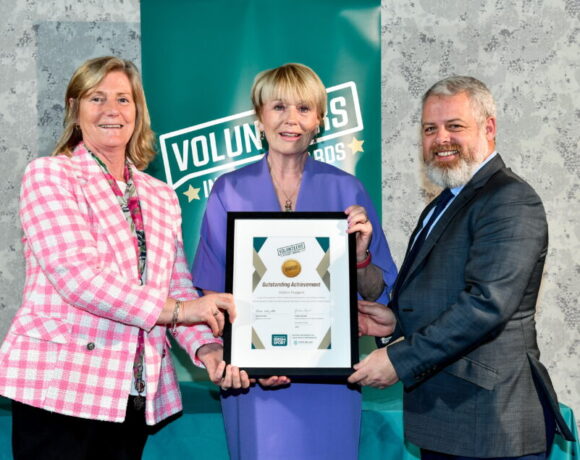A new independent report from The Association for Renewable Energy and Clean Technology (REA) has ranked Ireland joint lowest of 13 European countries, on its readiness to make the transition to renewable energy.
The ‘Energy Transition Readiness Index 2022‘ sponsored by Irish-headquartered global power management company, Eaton, and global law firm Eversheds Sutherland, analyses the readiness of Ireland’s energy market to support the progression towards net zero, comparing it to other key European markets. The report ranks countries on a scale of 1-5. Higher ranking countries scoring ‘5’ and ‘4’ have effective energy transition policies which encourage technological innovation and market access; while lower ranking countries present barriers to investment through existing policies and rules which are complex and slow to evolve.
While the same report published last year awarded Ireland a score of 4 – showing that the country had a proactive approach to decarbonising electricity – this score has since fallen to 3, meaning that Ireland has been ranked joint lowest of all countries surveyed. Among other causes, the report cites the country’s failure to allow low or zero-carbon projects to connect to the national grid as a factor which is delaying the transition to renewable energy, noting that the situation is becoming increasingly critical.
The report has also shown that the percentage of newly registered electric vehicles (EVs) in Ireland remains significantly lower, compared to its European counterparts. EVs accounted for 5% of all newly registered vehicles in Ireland in 2021, compared to 12% in the UK, 20% in the Netherlands and 65% in Norway. On EV charging specifically, Ireland has received a score of 2 – together with Poland, this the lowest score of any surveyed country. While acknowledging that few commercial barriers exist, the report nonetheless notes that the rollout of EV charging infrastructure across Ireland has been slow and limited. The widespread adoption of EVs is viewed as an essential component of Ireland’s plan to decarbonise the transport sector. There are approximately 1,900 charging points installed across the country at present. The EU expects that 3 million public chargers will be needed to service its overall target of having 30 million EVs on the road by 2030 – per the same calculation, Ireland would therefore need to install 100,000 chargers within the next eight years.
One positive outcome, is the progress that has been made on smart meter penetration. A smart meter is a device that accurately measures electricity usage – eliminating the need for estimated bills and allowing households and businesses to become energy efficient and save on costs by shifting their usage to times with lower unit rates. While just 4% of Irish households had smart meters installed in 2020, the ‘Energy Transition Readiness Index 2022‘ shows this figure is now closer to 34% – a marked improvement.
The main barriers in Ireland include:
- Reduced confidence in the timely development and deployment of policies to implement the transition.
- Weakened political and public consensus for the energy transition owing to affordability/current energy crisis
- Delays in the deployment of renewable generation owing to the current energy crisis
- Grid accessibility constraints
- Slow electric vehicle and charging infrastructure rollout
Dr Nina Skorupska CBE, CEO of Association for Renewable Energy and Clean Technology (REA), said, “as ETRI 2022 makes clear, despite impressive progress from a number of European countries, warm words from many Governments around Europe are not being matched by action when it comes to preparing for the energy transition. We now need to see significant action to remove the barriers facing our industry: proper long-term planning; prioritising and accelerating market reforms; and urgently addressing current investment barriers – all are desperately needed to help put us on the right path.”
Phil Kane, Country Manager at Eaton Ireland, said, “while there is broad support for advancing the energy transition, ETRI 2022 demonstrates that there is a clear disparity between ambition and action. As a global power management company, we know that businesses around the world are embracing the opportunities presented by net zero and accordingly, they are investing in renewable energy technologies. Yet, in Ireland, this palpable enthusiasm must now be matched with practical policy solutions – such as allowing zero-carbon, energy efficient assets to connect to our national grid, without delay. This is especially true in the case of EV charging where it is imperative that both industry and Government works collaboratively to create a robust regulatory framework, that will unlock much-needed investment and boost consumer confidence in green mobility.”
Mark Varian, Partner & Head of the Construction, Projects & PPP Group at Eversheds Sutherland LLP said, “in a challenging economic and political environment this report shines a light on where opportunities lie for the savvy business operator. As the leading global law firm, we are seeing more large industrials stepping into these markets and more funds wanting to invest in this area. There are also many interconnectors between countries in development and having that flexible demand will be crucial across all jurisdictions to achieve a Net Zero future. Ireland has made good progress in the clean energy sector. We now have an output target of 55% renewables for 2030 so major investment in variable and flexible low-carbon electricity resources are needed to achieve this energy transition target, provide energy security and save consumers money. But in order for investment to continue, we need a speedier role out and implementation of policies and regulatory frameworks that support access to market sectors such as offshore wind. There are huge opportunities here and implementing the recommendations set out in this Index could make a big difference.”













